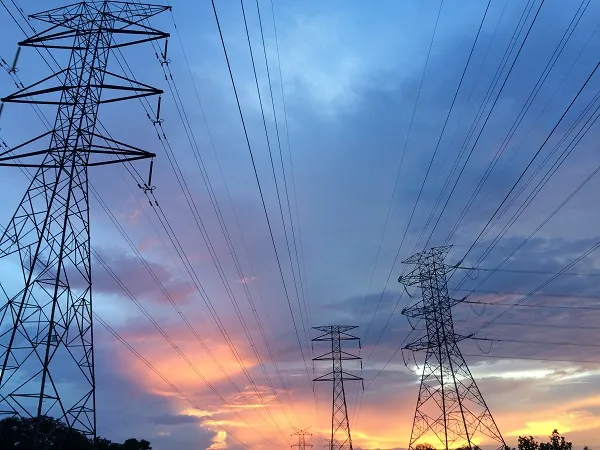
Strained discoms, weak competition drag India's power sector
Discoms are curtailing power received from energy generators.
The unpredictability of distribution companies’ (discoms) financial health coupled with a lack of competition is seen to undermine India’s power distribution and generation sectors, according to an IEEFA briefing note. This could hinder new renewable energy investments.
Discoms are failing to meet long outstanding payments to power generators, with payments accumulating to a total of $10.13b (Rs 74,900 crore) as at December 2019. Further, discoms’ total outstanding debt to banks and financial institutions hit $30.84b (Rs 2,28,000 crore) in FY2018/19.
IEEFA energy analyst Vibhuti Garg said that state-owned discoms control the distribution of quality and reliable power to Indian households and businesses.
“Discom reforms such as UDAY were initially encouraging but the tariff gap and losses have rebounded in the last two years,” added Garg.
Discoms are curtailing power from generators, including zero marginal renewable energy projects that they are contractually bound to take, the report stated. Some state discoms were also said to forcibly renegotiate legally contracted tariffs, which is putting sovereign risk to India’s power sector.
IEEFA recommends that discom must be made profitable, cross-subsidies need to be reduced, and government subsidies must be better targeted to the poor to solve the distribution problem.
Introducing competition to the sector as a viable solution was also suggested.
Garg suggests noted that financially distressed discoms may either privatise their operations or the states allow the entry of suitably qualified and/or capitalised private distribution entities willing to invest.
“Increased competition would drive power generators, distributors and electricity supply companies to develop technologies to increase efficiency, lower costs and increase the reliability of supply,” said Garg.
Garg added that the distribution network must be separated as a whole, making discoms responsible for network strengthening whilst the supply of reliable power should be given to electricity supply companies.


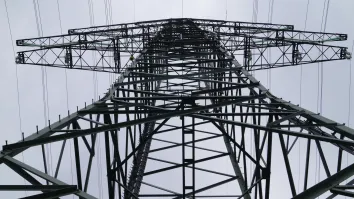
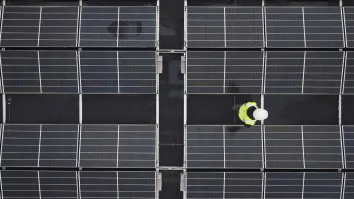
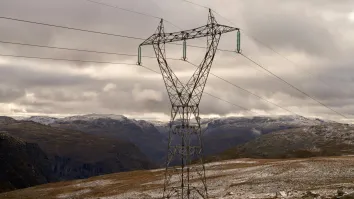

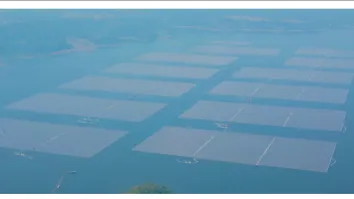
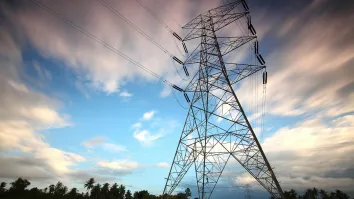
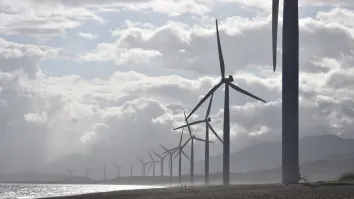

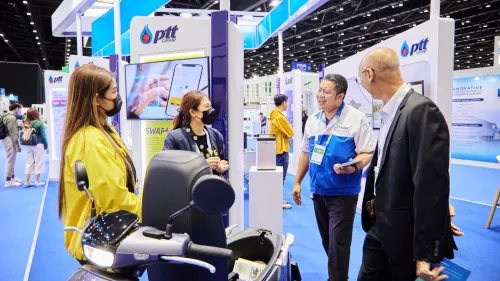

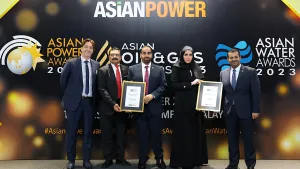
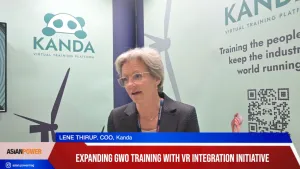





 Advertise
Advertise






